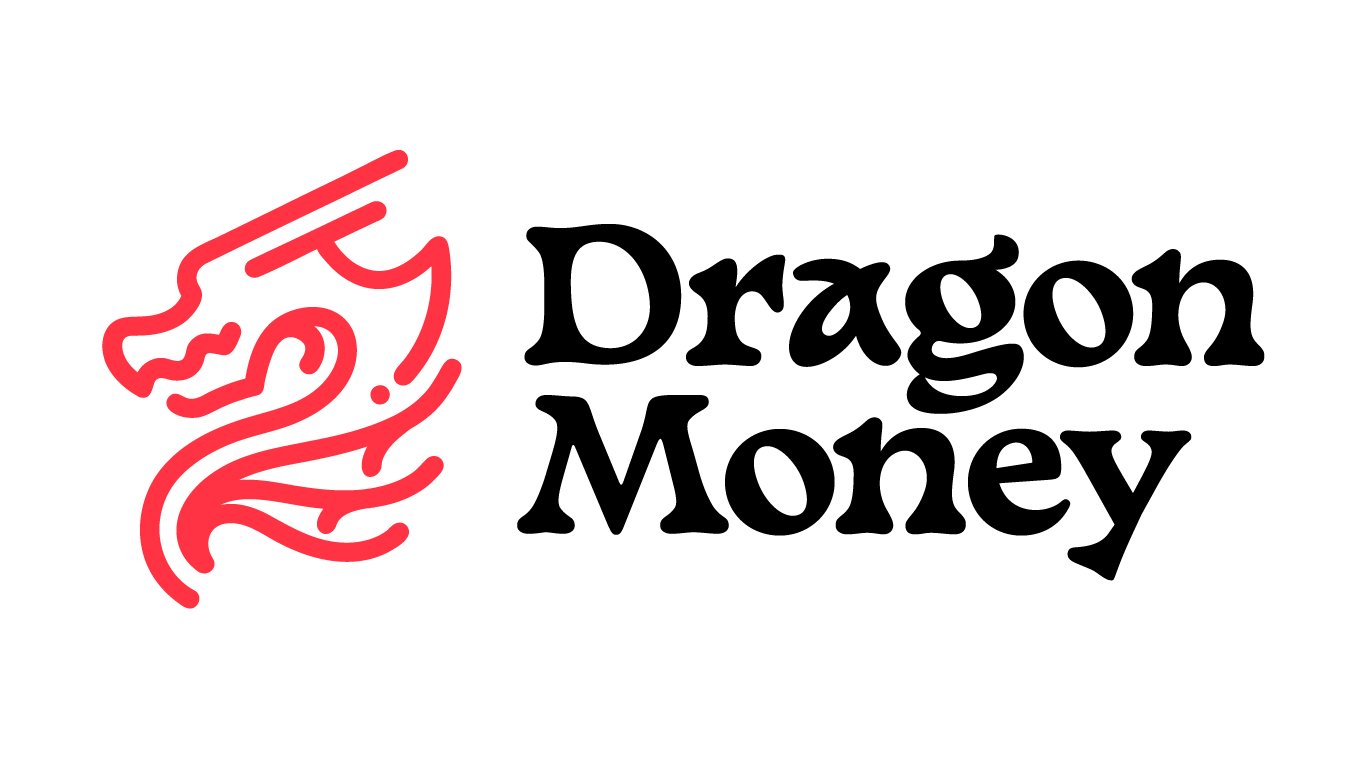Staying Safe from Facebook Marketplace Scams
You never know if the person on the other side of the computer screen is an ill-mannered Kobold.
I get it – Facebook Marketplace is a treasure trove of deals and hidden gems. But, in the midst of all the awesomeness, there are a few bad apples looking to pull a fast one on unsuspecting buyers. That's why I’m here to help you avoid those Facebook Marketplace scams.
Common Scams & How They Work
Below I will describe briefly some of the most common scams on Facebook marketplace and how they work. I’ll be taking the liberty of naming some of these myself if they don’t already have quippy monikers.
The Pre-Payment
The scammer will ask you for a deposit to hold the item or even for full payment upfront. Once they receive the money, then they will stop responding to your messages Leaving you with no item and less money. Never send money before receiving an item. They may also use tactics to create urgency or a sense of competition over the item to justify the early payment.
The Too-Good-To-Be-True
You find an item that is listed for way below retail price, and there’s a reason for that. The scam is typically when a seller unloads an unworking item on you. You lose money and gain a headache. Make sure you verify that it is working in person. Take the time to test any electronics before paying because there is a chance that they could be broken. Never be nervous about vetting a potential purchase.
The Overpayment
This is an old trick, but one many people don’t understand because it tends to involve checks…and who uses checks? You receive a check that is worth more than the item is listed for. The scammer plays dumb and asks for a refund for the difference. So you refund them the difference, but eventually the check bounces. You would think that the bank would penalize the scammer, but you are on the hook for falling for their tricks. The check is reversed and you are out the difference you refunded them.
At the end of the day, you willingly sent them money from your account, despite them tricking it out of you. When I was at a credit union I saw many scammers target young people through social media apps like Instagram and asking them to cash checks. You should never accept a check from someone you do not personally trust, and a random person from Facebook marketplace does not fit that description.
The Giveaway
Ever heard the saying, “Nothing in life is free?” Well, sometimes things are free if someone is trying to lighten their load during a move. However, if you need to fill out an online form to get something for free from Facebook marketplace, then the chances are that you are getting scammed. A classic case of phishing where a scammer attempts to get you to click on a nefarious link or attempt to get information from you.
10 Guiding Principles to Not Get Scammed
1. Trust Your Gut
First things first – trust your instincts! If something smells fishy or the deal seems too good to be true, it probably is. Don't be lured in by a flashy offer without doing your due diligence.
2. Investigate the Seller
Take a moment to snoop around the seller's profile. How long have they been on Facebook? Do they have friends? Are they an active user? A well-rounded profile is a good sign, but don't let your guard down completely.
3. Keep Conversations Private
When you're in the messaging zone, keep your personal info locked down. Use Facebook Messenger for communication, as it adds a layer of privacy.
4. Safe Meetups Only
When it's time for a face-to-face exchange, choose a public spot, preferably during daylight hours. You can even meet up at a police station – many have designated safe exchange zones.
5. Inspect the Goods
Always, and I mean ALWAYS, inspect the item in person before parting with your hard-earned cash. Make sure it matches the description and works as advertised.
6. Cash is Queen
Cash is the way to go for in-person deals. Don't wire money or use sketchy payment apps. They don't offer the same protection as cold, hard cash.
7. Side-eye Shipping Requests
If the seller insists on shipping, be wary. Shipping deals are riskier and harder to verify.
8. Watch for Warning Signs
Keep your scam radar on high alert. Red flags include sellers who want money upfront or use funky payment methods. Don't let anyone pressure you into making a hasty decision. Urgency is a scammers best friend, something is wrong if you feel rushed.
9. Report Suspicious Activity
If you spot something fishy, report it to Facebook right away. Help keep the Marketplace a safe space for all.
10. Stay in the Know
Scammers are like chameleons; they change tactics often. Stay updated on the latest scams and learn from others' experiences to stay one step ahead.
Conclusion
Facebook Marketplace is a useful local platform, but it's not without its risks. Keep your guard up, trust your instincts, and follow these tips to ensure you don't become the next victim of a Facebook Marketplace scam. Stay safe out there, and happy treasure hunting!

